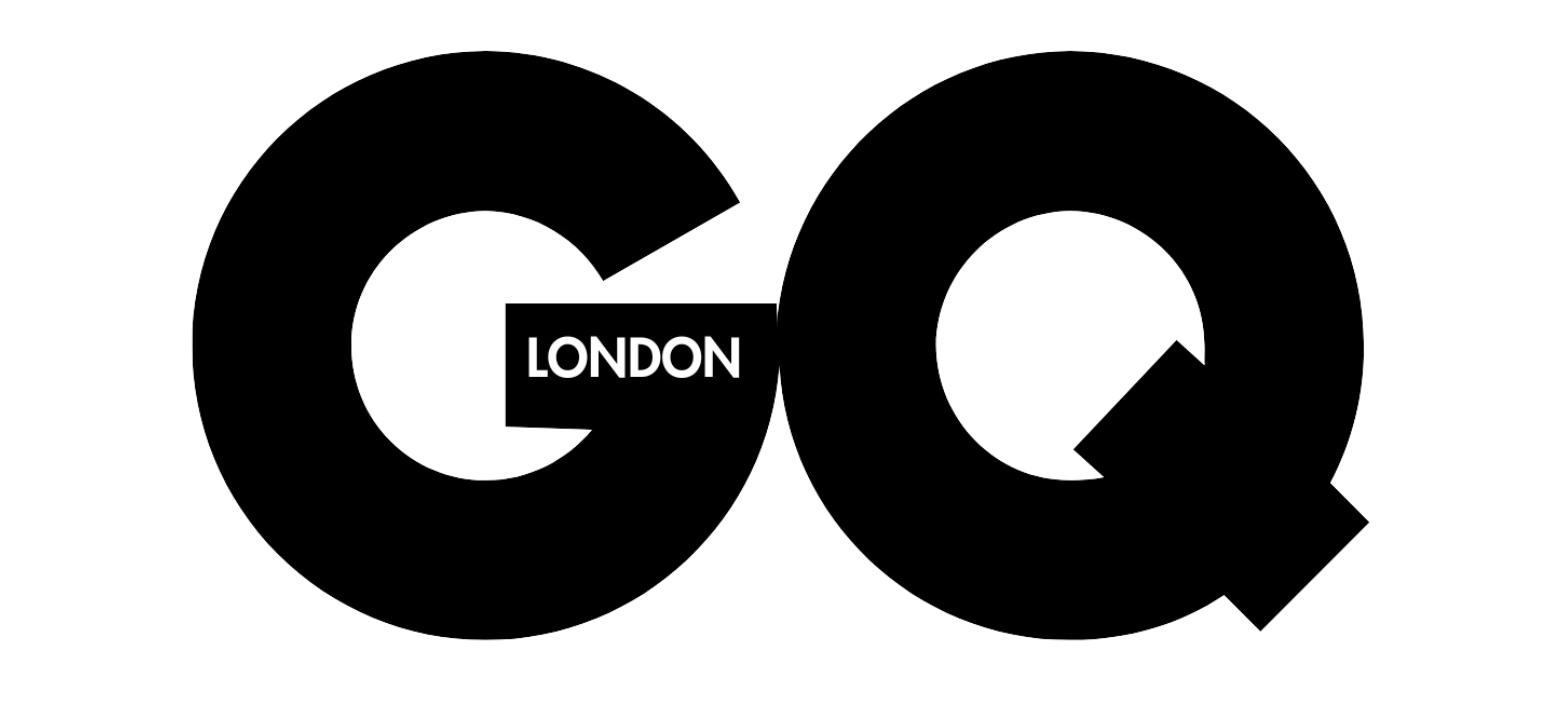The number of UK businesses experiencing critical financial distress has surged to record highs, according to insolvency specialists Begbies Traynor.
The hospitality, entertainment, and retail sectors are among the most affected, with the construction industry also grappling with significant challenges.
Begbies Traynor defines a company in critical financial distress as one that has an outstanding county court judgment (CCJ) exceeding £5,000 or is facing a winding-up petition.
Rising Costs and Business Struggles
For many business owners, financial pressures have reached a breaking point. Helen Gorman, who recently closed her Cardiff café bar, TwentySix, cited soaring costs as the main reason for shutting down.
"The last two years have been incredibly stressful trying to run a business," she explained.
"The entire industry is struggling, and I don’t think any government fully understands the challenges, especially around VAT rates. Supplier costs, energy bills—everything keeps rising."
The financial crisis for businesses coincides with a decline in consumer confidence, as more people worry about the UK’s economic outlook and their personal finances.
Unprecedented Surge in Financial Distress
While there is typically a seasonal increase in financial distress at the end of the year, recent figures reveal an unprecedented spike.
Between September and December 2024, the number of businesses in critical distress surged by 50%, reaching 46,583—the highest level recorded since Begbies Traynor began collecting data in 2004. This represents a sharp increase from 31,201 businesses in the previous quarter.
A significant factor behind this rise is HMRC’s intensified efforts to collect overdue taxes.
Simultaneously, the number of businesses in significant financial distress—a lower-level indicator—also rose by 3.5%, reaching 654,765.
Impact of Tax Increases and Rising Costs
Ric Traynor, executive chairman of Begbies Traynor, highlighted the severe challenges facing businesses in 2025.
"It is clear that many distressed UK companies are finding it almost impossible to navigate the pressures they face as we start 2025," he stated.
Companies already struggling with weak consumer confidence and high borrowing costs now face additional financial burdens.
"The rise in National Insurance contributions and the increase in the National Minimum Wage—announced in the last Budget—could be the final straw," he warned.
Industries like retail and hospitality, which operate on razor-thin margins, are expected to be among the hardest hit.
Concerns Over Economic Slowdown
Starting in April, businesses will confront additional tax increases, including:
- Higher employer National Insurance contributions
- A reduced tax threshold for businesses
Employers have cautioned that these extra costs could slow UK economic growth, a primary government objective, by reducing their ability to raise wages and create new jobs.
A recent Lloyds Bank report also noted that business confidence is declining, with rising costs likely to curtail business activity this year.
Traynor expressed concern that 2025 could be a "watershed moment", leading many businesses to "call time" after years of battling to survive.
‘Business Fatigue’ Taking Hold
Julie Palmer, regional managing partner at Begbies Traynor, described a growing sense of "business fatigue" as companies struggle with relentless cost pressures.
"It’s getting harder and harder. Costs are increasing, but businesses can’t pass them on to consumers—who aren’t spending anyway," she explained.
Meanwhile, a separate consumer confidence report indicates that people are reducing major purchases and opting to save instead of spend.
The GfK Consumer Confidence Index found that:
- Fewer people plan to buy big-ticket items
- More individuals are choosing to save money amid economic uncertainty
This trend is troubling for the economy, according to Neil Bellamy, consumer insights director at GfK.
"The New Year is typically a time for change, but consumers don’t see things improving," he said.
"These figures indicate a growing lack of confidence in the UK’s economic prospects."
Outlook: Increasing Uncertainty for Businesses
Palmer warned of a bleak outlook for businesses, with few signs of economic recovery.
"We’re not seeing many positive indicators," she noted.
Although the energy crisis stabilized last year, new concerns are emerging.
"Utility companies are already warning that water bills may need to rise significantly to avoid insolvency," she added.
With business closures accelerating, consumer confidence declining, and cost pressures mounting, 2025 is poised to be a challenging year for UK businesses.a




 (1).jpg)
.jpg)
.jpg)




.jpg)




